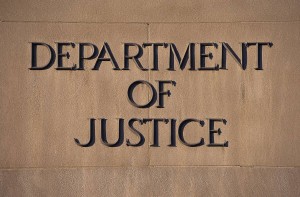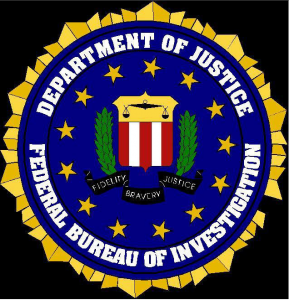 A New England doctor pleaded guilty Monday to conspiring to illegally distribute controlled substances.
A New England doctor pleaded guilty Monday to conspiring to illegally distribute controlled substances.
Adnan S. Khan, M.D., 48, of Grantham, New Hampshire, conspired with others to illegally distribute controlled substances through his business, New England Medicine and Counseling Associates (NEMCA), a network of New England clinics claiming to treat substance use disorders, according to court documents.
“When we announced the creation of the New England Strike Force, we said we would be focusing on medical professionals who put profits over their patients,” said U.S. Attorney Nikolas P. Kerest for the District of Vermont. “Khan is an example of that — a bad apple in a profession that takes an oath to uphold ethical standards and treat patients as you would want to be treated. Putting profits over patients is a severe violation of that oath, and, in this case, a violation of federal criminal law. Today’s guilty plea is another step in holding Khan liable for his illegal conduct.”
(News Report early 2024)
Khan pleaded guilty to one count of conspiracy to illegally distribute controlled substances. He faces up to 10 years in prison, according to officials.
Khan and a co-conspirator prescribed controlled substances to patients, despite knowing they were diverting the drugs and required cash payments for office visits. He also falsified medical records to justify these illegal prescriptions.
 During the conspiracy, Khan sent a Justice Department press release about the newly formed New England Strike Force—a law enforcement team targeting healthcare fraud and related crimes in the region—to a co-conspirator.
During the conspiracy, Khan sent a Justice Department press release about the newly formed New England Strike Force—a law enforcement team targeting healthcare fraud and related crimes in the region—to a co-conspirator.
The co-conspirator responded, noting the release was “clearly aimed at folks like us.” Khan then warned NEMCA staff about the task force’s scrutiny of irresponsible prescribing and instructed them not to discuss NEMCA’s practices, services, or fees with the task force.
 Khan and a co-conspirator charged patients, many of whom were economically disadvantaged, $250 cash for drug prescriptions, even though many had health insurance. If patients couldn’t pay the full amount, Khan reduced their prescription dosages. He used these cash payments to fund personal purchases, including an airplane and several properties in New England, depositing large sums of cash, often over $10,000, into his bank account.
Khan and a co-conspirator charged patients, many of whom were economically disadvantaged, $250 cash for drug prescriptions, even though many had health insurance. If patients couldn’t pay the full amount, Khan reduced their prescription dosages. He used these cash payments to fund personal purchases, including an airplane and several properties in New England, depositing large sums of cash, often over $10,000, into his bank account.
Khan also admitted discussing concerns with a co-conspirator about losing “dishonest” patients who were reselling their medications, noting that “honest patients” were only a small portion of NEMCA’s clientele.
He advised that they needed a plan to retain the patients who diverted drugs. A co-conspirator suggested offering $100 “scholarships” to patients who owed money, to which Khan replied that only certain patients might appreciate it, specifically those who could “barely cover the $250 fee.”
Trial Attorneys Thomas D. Campbell and Danielle H. Sakowski of the Criminal Division’s Fraud Section and Assistant U.S. Attorney Andrew Gilman for the District of Vermont are prosecuting the case.

